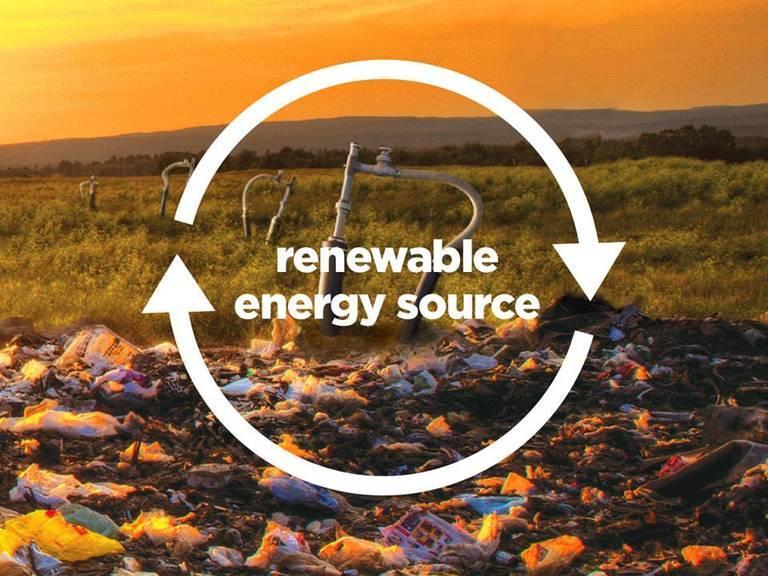
While most pulp and paper made in the U.S. comes from the occasional trees harvested from small landowners, the evidence suggests that manufacturing paper out of recycled material is still far more efficient and has less impact on the environment than using virgin fiber.
According to Michele Bartolini, Sustana Group’s North American senior marketing director, the use of the company’s recycled paper reduces the amount of resources related to forestry, the discarding of waste paper in landfills and the production of paper from virgin pulp. Bartolini claimed that the purchase of one ton of the company’s 100 percent recycled paper could save the equivalent of 17 trees, conserve over 16,000 gallons of water, prevent the emissions of over 5,500 pounds of carbon dioxide and reduce seven pounds of nitrogen oxide pollutants that would otherwise be emitted into the atmosphere.
Those environmental benefits, says Bartolini, are possible if consumers do their part to keep feeding “urban forests”– the term to which Sustana and its sister company, Rolland Papers, use to describe where they score materials needed to manufacture their recycled paper products. In Rolland’s case, these urban forests are the recycling bins scattered across the northeastern U.S. and the Canadian provinces of Ontario and Quebec. Rolland purchases post-consumer paper waste from governments in various towns and cities across that region, and then sends it the company’s two recycled fiber processing sites.
Bartolini told TriplePundit in an interview that the company’s sustainability ethos continues at its paper plants. “Our fibers are de-inked without chlorine, and rather than constantly using fresh water, we recirculate each drop 30 times,” she said. “This closed-loop process contributes to our low environmental impact, ensuring clean water in and clean water out.”
Mining these recycling bins, or again, Sustana’s and Rolland’s urban forests, generate additional benefits while showing the rest of the global pulp and paper industry how to shift to a more circular economy.
For example, Rolland claims it is the only North American paper manufacturer that uses biogas energy. The company’s biogas-powered plant captures 100 percent of the methane emissions from decomposing waste at a local landfill and divert them to its mill, preventing the methane from being emitted into the atmosphere. Biogas now powers 93 percent of that mill’s energy requirements. Furthermore, to eliminate landfill waste while conserving energy and water, the company recovers pesky short fibers from the manufacturing process. Those residues are then sold to farmers, who use them as a grass seed coating or for animal bedding.
Of course, we are far away from a completely circular economy in the pulp and paper industry; the sourcing of virgin fibers is still a reality across the wider sector. Bartolini explained that any virgin fiber used in Rolland’s paper production is derived from responsibly managed forests that meets the Forest Stewardship Council’s (FSC) environmental and social standards—and the company has maintained FSC chain of custody certification since 2005.
Rolland’s sustainability process will only improve in the near future, explained Bartolini as she wrapped up the interview with 3p. “We are the only paper manufacturer that publishes a Life Cycle Assessment (LCA),” she said. “This LCA examines a product’s life from raw material extraction through material processing, manufacturing, distribution, and disposal, providing scientific proof behind the manufacturing of our products.”
The company says it will release a sustainability report this fall, which will include additional details about Rolland’s specific goals for 2019.
Image credit: Rolland Papers/Facebook

Leon Kaye has written for 3p since 2010 and become executive editor in 2018. His previous work includes writing for the Guardian as well as other online and print publications. In addition, he's worked in sales executive roles within technology and financial research companies, as well as for a public relations firm, for which he consulted with one of the globe’s leading sustainability initiatives. Currently living in Central California, he’s traveled to 70-plus countries and has lived and worked in South Korea, the United Arab Emirates and Uruguay.
Leon’s an alum of Fresno State, the University of Maryland, Baltimore County and the University of Southern California's Marshall Business School. He enjoys traveling abroad as well as exploring California’s Central Coast and the Sierra Nevadas.














